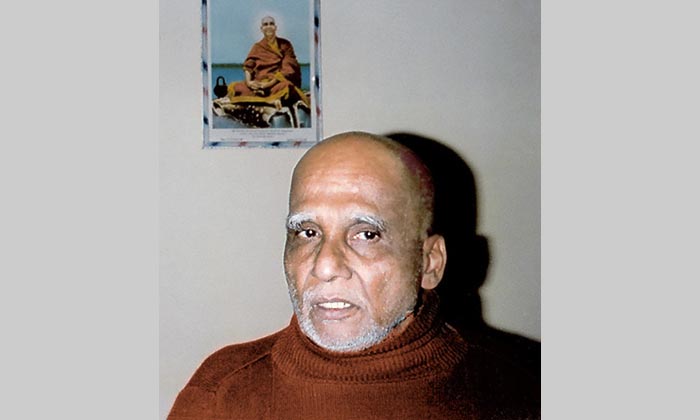What is Knowledge : Ch-7.7.

Chapter 7: Yoga Discipline - 7. The mind has a peculiar, childish attitude of wrongly thinking that sitting in a particular posture is somehow a discipline; therefore, it is a limitation on its freedom, so you do not want to do it. But somehow you are told it is good for you, and your psyche in one department of its activity compels itself to this exercise called the physical posture; though inwardly, it cannot be ruled out that you would like to be free from this exercise: “I would rather go somewhere – either shopping or to the mountain peak – than be seated in a posture. What good does it do to me?” There is a double attitude on your part, due to which on the one hand you feel it may do you good by performing this exercise of yoga postures, but on the other hand there is resentment to it, because somehow it is not a total freedom that is granted to you. This psychological difficulty which finds that it is not easy to go hand-in-hand with this discipline of exercise, is one





